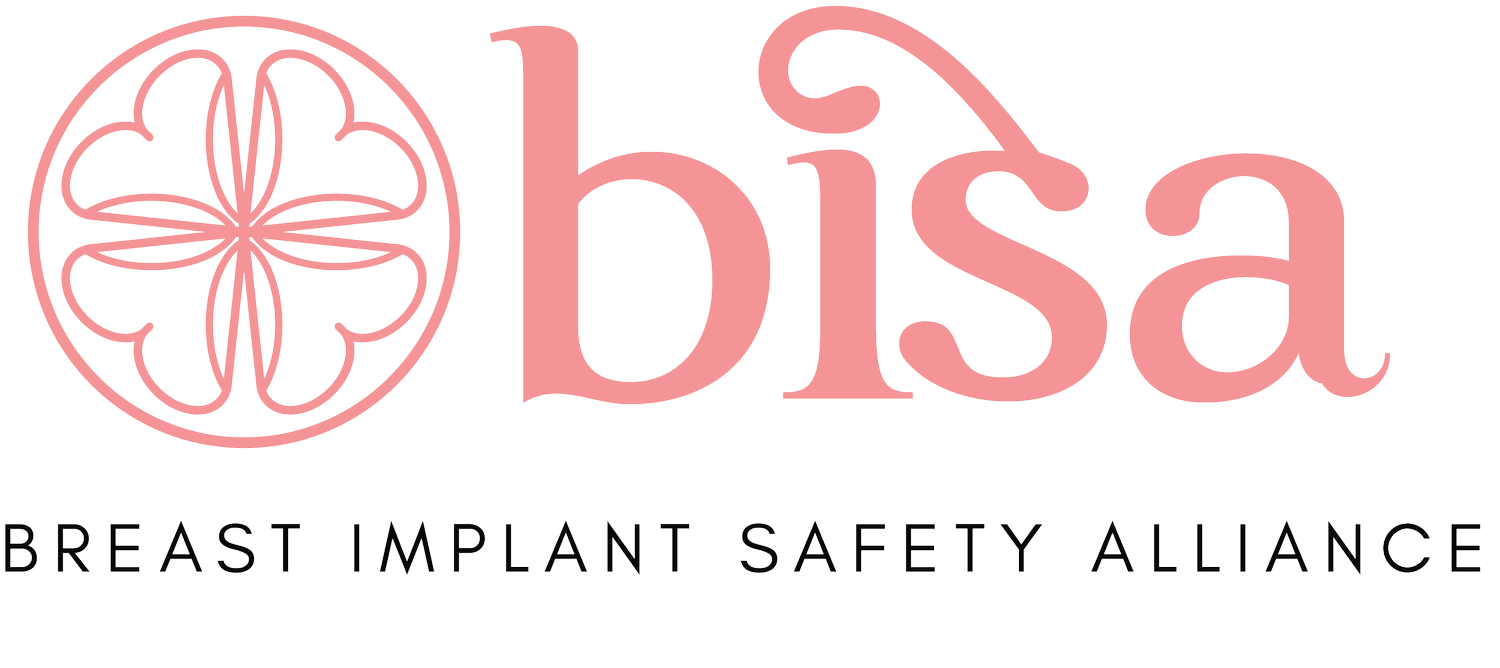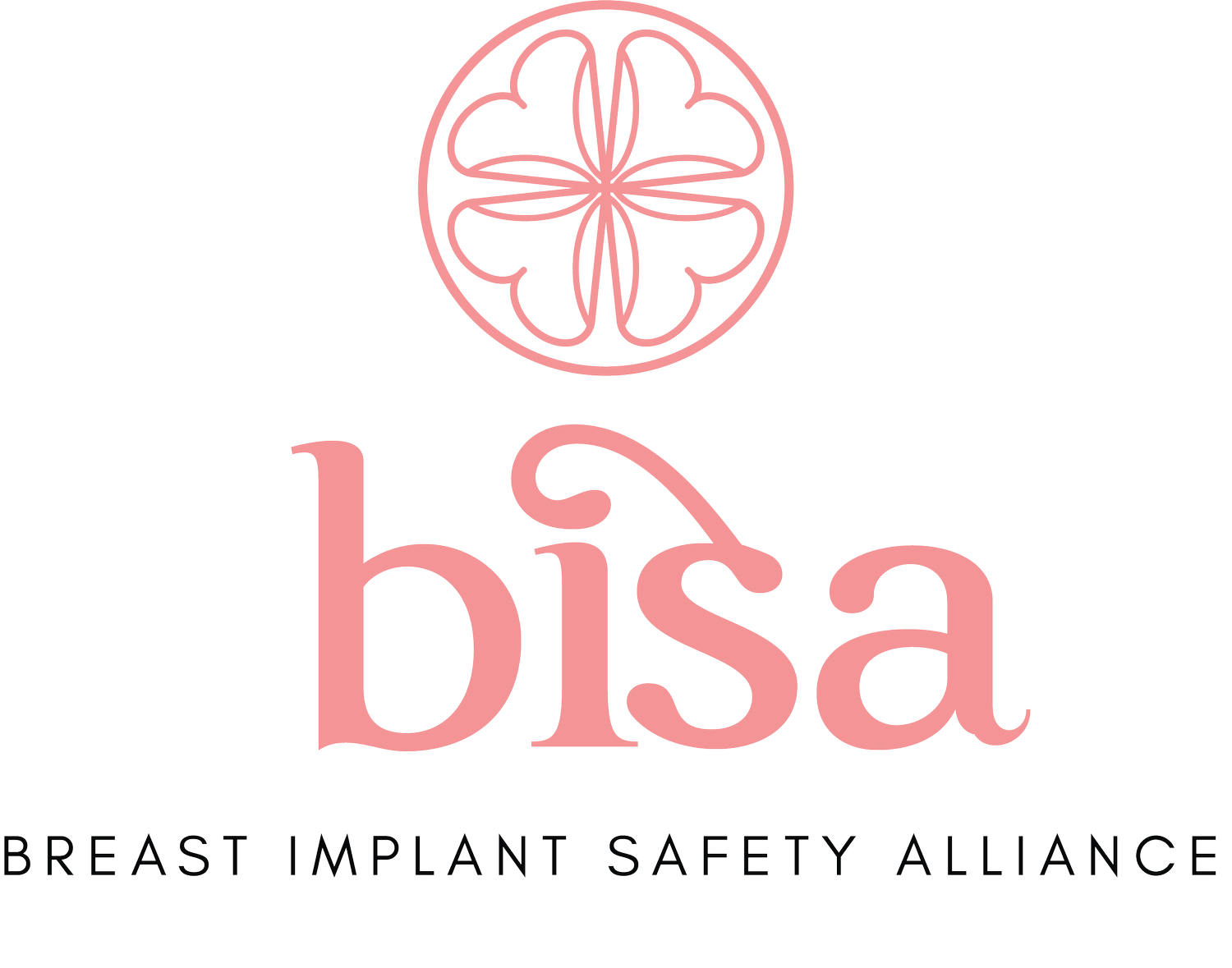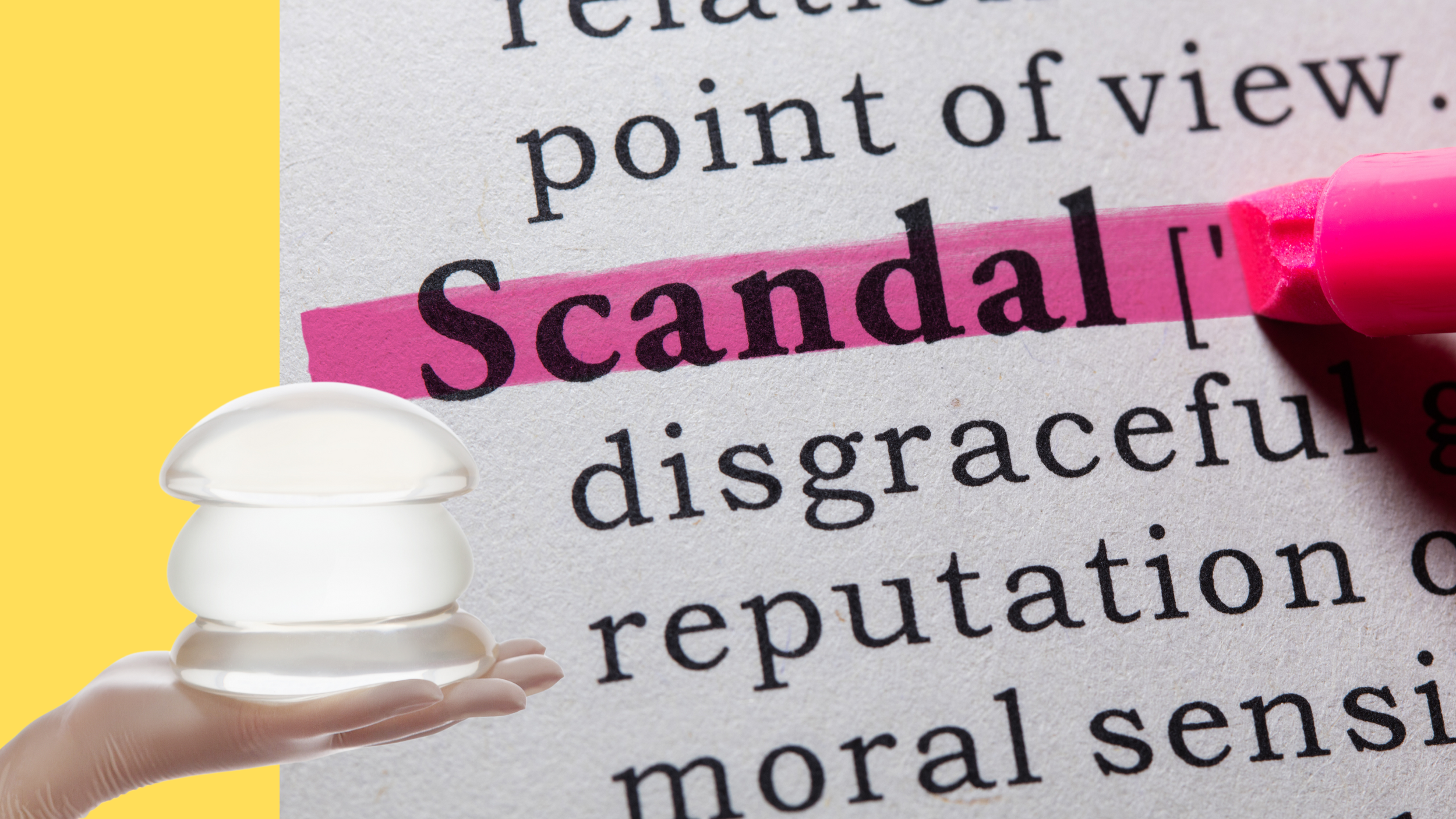Why the PIP Breast Implant Scandal Still Matters Today
In the early 2000s, a French company called Poly Implant Prothèse (PIP) secretly used industrial-grade silicone, a material intended for mattresses, not human bodies, in breast implants. The result was a global health crisis that affected more than 400,000 women in over 65 countries.
But the PIP scandal is not just a cautionary tale from the past. It is a powerful reminder of why transparency, independent oversight, and patient advocacy are essential today. The recent resurgence of public attention following the 60 Minutes Australia segment "We’re Like Lab Rats" has reignited global interest in what remains one of the most egregious medical device scandals in history and is a must watch.
PIPs Lasting Impact
The PIP breast implant scandal revealed serious systemic failures that still resonate today. It exposed regulatory gaps that allowed dangerous, non-medical-grade products to reach patients and highlighted how informed consent processes often failed to fully explain the risks. The scandal underscored how corporate deception can prioritize profit over patient safety and can cause immense harm. Many women suffered from health issues that were long dismissed or ignored. The crisis ignited survivor-led advocacy movements around the world, proving that meaningful reform starts when patients demand accountability.
Why Independence Matters
After the PIP scandal, it became clear that some of the people advising health regulators were also using and promoting the implants themselves. This overlap created a serious problem: the same people meant to help protect patients were also tied to the product under review.
Even if no one meant harm, it shows how easily conflicts of interest may shape decisions, especially when money, reputation, or careers are involved.
A Turning Point: The UK Launches an Inquiry on Health Impacts of Breast Implants
A Turning Point: The UK Launches an Inquiry
On June 6, 2025, the UK Parliament's Women and Equalities Committee announced a formal inquiry into breast implant and cosmetic procedure safety. This is a huge moment and it is proof that survivor-led advocacy works. The inquiry will explore informed consent, regulation, cosmetic tourism, and the gaps in medical device safety research. This is exactly the kind of accountability PIP victims deserved years ago.
Thankful for the Power of Patient Advocacy
To those brave advocates, survivors, and experts who pushed for this inquiry, we thank you. Your persistence is turning into progress. The PIP breast implant scandal, which harmed over 400,000 women worldwide with industrial-grade silicone implants, remains one of the most egregious medical device failures in history. British campaigner and survivor Jan Spivey, founder of the PIP Action Campaign, has worked tirelessly to raise awareness and secure government support, helping bring long-overdue attention to these harms. At BISA, we’ll be watching closely. We’ll be speaking up. This is not just an inquiry. It is an opportunity. Let’s make it count.
“The PIP scandal is a heartbreaking reminder of what can happen when patient safety is overshadowed by profit. Thousands of women were implanted with industrial-grade silicone, and regulatory systems failed to stop it. Today, textured breast implants and associated cancers like BIA-ALCL raise similar concerns. Without stronger safeguards, clearer oversight, and honest informed consent, we risk repeating history. The system must change because patients deserve transparency, accountability, and protection.”
Final Thoughts
The only reason we're here is because patients demanded it. The survivors of the PIP crisis proved that patients can drive change. Individuals and groups like PIP Action Campaign and PIPA came forward to challenge injustice and demand accountability.
The PIP breast implant scandal taught us that innovation without accountability can be a risk to public health. Transparency, integrity, and independence must guide every step in the approval, monitoring, and public communication of medical devices.
The scandal was not just a product failure. It was a failure of oversight, ethics, and accountability. The 60 Minutes re-airing is a wake-up call and the UK inquiry is a chance to act.
Resources & References
The Guardian - French Breast Implant Firm PIP's Founder Jailed
Read the full story on The Guardian
The Guardian “Thousands of breast implant victims will get payouts after court ruling”
This in-depth article details the May 2021 Paris appeals court decision ordering compensation for thousands of women, examines the role of German safety certifier TÜV Rheinland, and reports on the experiences and health issues faced by survivors.
Read the full story on The Guardian
The Guardian “PIP breast implant victims express fury at ‘catastrophic’ fraud trial”
Coverage of the 2013 trial of PIP founder Jean‑Claude Mas and key executives, including victim testimony and details of the company’s decision to use industrial-grade silicone
Read the trial report on The Guardian
The Guardian “The fight for women poisoned by breast implants”
This 2017 feature offers survivor storytelling, discusses the aftermath of the implant failures, and explores ongoing challenges faced by victims—even after compensation rulings
Read the feature in The Guardian
Reuters – “French court orders damages for victims of PIP breast implant scandal”
This report breaks down the scope of the scandal, the finding that industrial silicone was used, and the implications of the 2021 compensation ruling
Read the Reuters report
YouTube / 60 Minutes Australia – “We’re Like Lab Rats”
A powerful and recent segment (2024) that re-evaluates the PIP scandal, highlights long-term health effects, and reignites public interest and survivor advocacy.
Watch the segment on YouTube
Reuters – “Implant maker PIP sold breast implants with industrial silicone”
Provides early 2012 investigative reporting disclosing how PIP substituted medical-grade silicone with industrial-grade material—triggering recalls and international legal action
Read the investigative report on Reuters
The Guardian - UK Breast Implant Registry Coverage – The Guardian
A 2021 story analyzing gaps in the UK implant registry established post-scandal, highlighting how many patients are still untracked.
Read about registry challenges
DrugWatch: Texas Mother Warns About Breast Implant Dangers
BISA: New Inquiry Examines Health Impacts of Breast Implants and other Cosmetic Procedures
YouTube: Health impacts of breast implants and other cosmetic procedures – Women and Equalities Committee
UK Parliament: WEC launches new inquiry into the health impacts of breast implants and other cosmetic procedures
UK Parliament: Women and Equalities Committee
UK Parliament: Health impacts of breast implants and other cosmetic procedures
Nursing in Practice: Inquiry to Examine Health Impacts of Cosmetic Procedures
The Breast Implant Safety Alliance (BISA) is the largest organization of board-certified patient advocates and subject matter experts in the world dedicated to patient and consumer safety relating to breast implants. Representing the millions of individuals worldwide that currently have, had, or are considering breast implants, the alliance is a non-industry funded leading authority dedicated to providing balanced, evidence-based information for informed decision making about breast implant surgery and related issues. Founded in 2019 by women, BISA is a grassroots nonprofit organization led by volunteers who do not receive a salary for their work.
For questions, please contact Jennifer Cook, Director of BIA-ALCL Advocacy. Email her directly at jennifer.cook@bisanonprofit.org.


